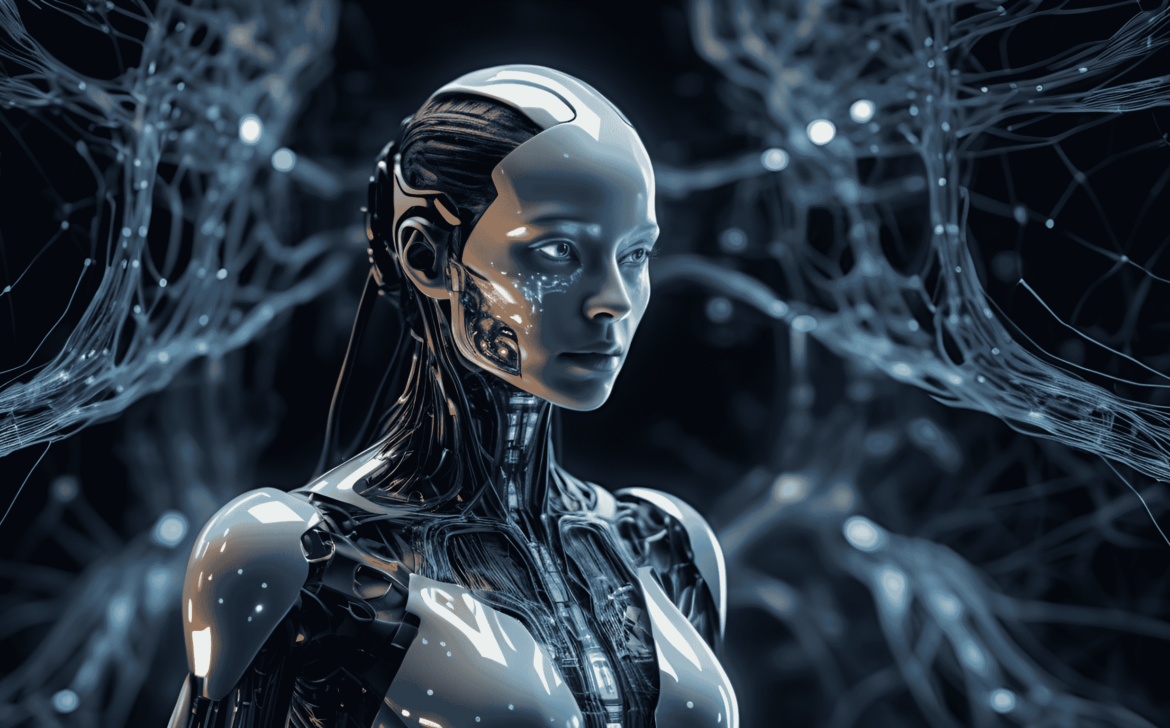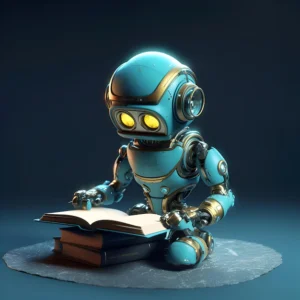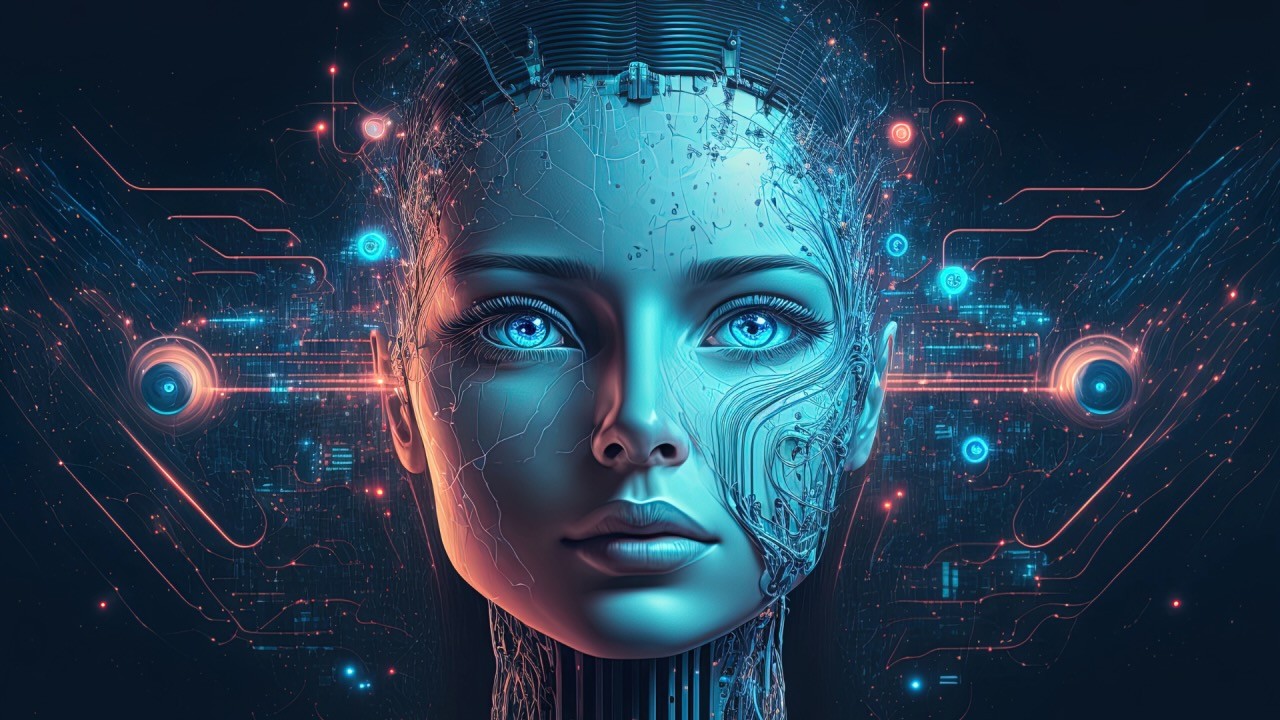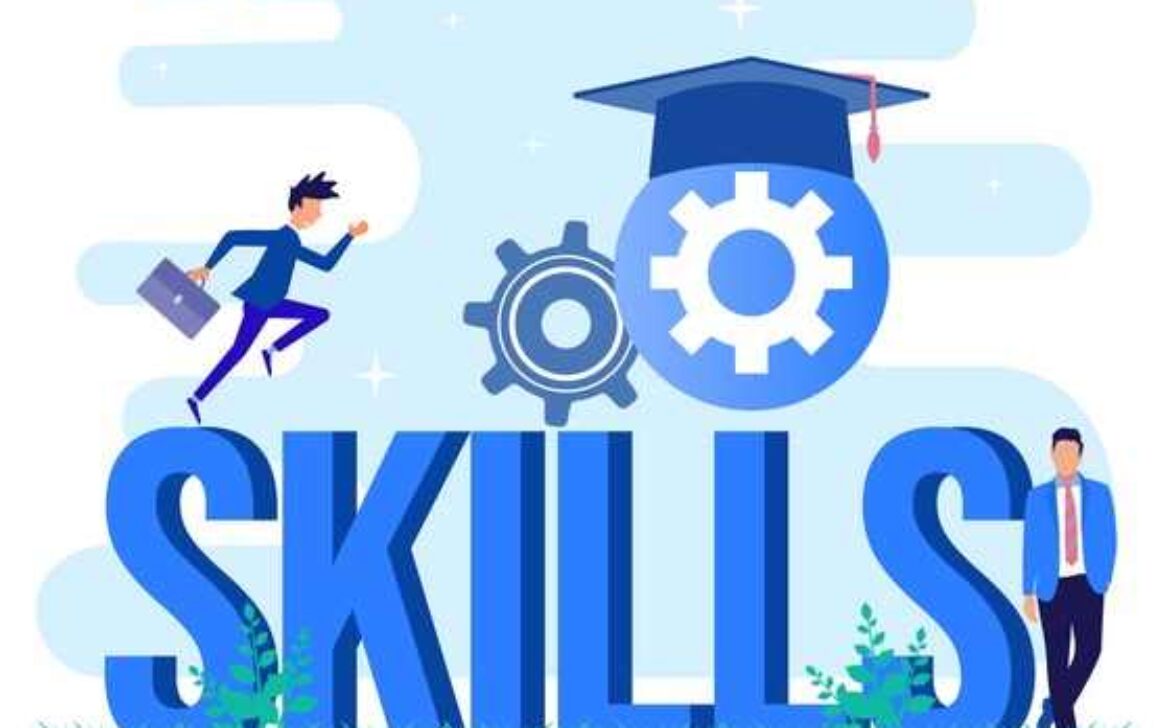Introduction: Embracing Lifelong Learning
In a world where industries evolve at an unprecedented pace, the concept of lifelong learning has gained tremendous significance. Lifelong learning refers to the continuous process of acquiring new skills, knowledge, and competencies throughout one’s life. Unlike the traditional notion of education confined to formal schooling, lifelong learning recognizes that learning should be an ongoing journey that extends far beyond the classroom.
The Shifting Landscape of Skills
The rapid advancement of technology and globalization has led to a transformation in the job market. Many traditional jobs are being automated, while new roles requiring advanced skills are emerging. This shift underscores the importance of staying updated and adaptable. The skills that were once sufficient for a successful career may now become obsolete, making lifelong learning essential for professional relevance.
Lifelong Learning: A Solution to Skill Obsolescence
Lifelong learning serves as a powerful antidote to skill obsolescence. It enables individuals to proactively address the challenge of staying current in their fields. By continuously seeking out new learning opportunities, individuals can remain adaptable and responsive to changing industry demands.
Benefits of Continuous Skill Development
The benefits of lifelong learning extend beyond career advancement. It enhances cognitive abilities, fosters personal growth, and enriches overall quality of life. Learning new skills stimulates the brain, improves problem-solving capabilities, and promotes a sense of accomplishment. Moreover, individuals who engage in lifelong learning often experience increased self-confidence and a more positive outlook on their personal and professional lives.
Strategies for Effective Lifelong Learning
Effective lifelong learning requires a strategic approach. Setting clear goals, identifying relevant resources, and creating a structured learning plan are essential steps. Additionally, embracing a growth mindset—a belief that abilities and intelligence can be developed over time—is pivotal in cultivating a passion for continuous learning.
Overcoming Challenges in Lifelong Learning
While the benefits of lifelong learning are undeniable, challenges such as time constraints and financial limitations can hinder progress. However, by prioritizing learning, allocating time for short and focused study sessions, and exploring cost-effective learning options, these challenges can be managed.
The beautiful thing about learning is that no one can take it away from you.
– B.B. King
Learning in the Digital Age: Online Resources and Courses
The digital age has revolutionized the way we access information and education. Online platforms offer a vast array of courses and resources, making learning more accessible than ever. From webinars to virtual classrooms, individuals can engage in diverse learning experiences that cater to their interests and schedules.
Lifelong Learning in the Workplace
Forward-thinking organizations recognize the value of fostering a culture of lifelong learning. They invest in employee development, offering training programs, workshops, and opportunities for skill enhancement. In return, employees become more motivated, productive, and equipped to contribute to the organization’s success.
The Role of Mentorship and Networking
Mentorship and networking play a pivotal role in lifelong learning. Connecting with experienced individuals in one’s field provides invaluable insights and guidance. Mentors can offer personalized advice, share their experiences, and help navigate the complexities of skill development.
Balancing Work, Life, and Learning
Effectively juggling work, personal life, and continuous learning requires careful planning and time management. By integrating learning into daily routines, setting realistic expectations, and leveraging time-saving tools, individuals can strike a harmonious balance.
The Future of Lifelong Learning
As technology continues to shape our world, the future of lifelong learning holds exciting possibilities. Virtual reality, artificial intelligence, and immersive learning experiences are poised to revolutionize how we acquire and apply new skills. Lifelong learning will remain a cornerstone of personal and professional growth, adapting to the evolving needs of society.
Conclusion
In a world of perpetual change, the pursuit of knowledge is no longer confined to specific phases of life. Lifelong learning has become a steadfast path to self-improvement and success. By embracing continuous skill development, individuals can navigate the complexities of the modern world with confidence, adaptability, and a zest for ongoing growth.














